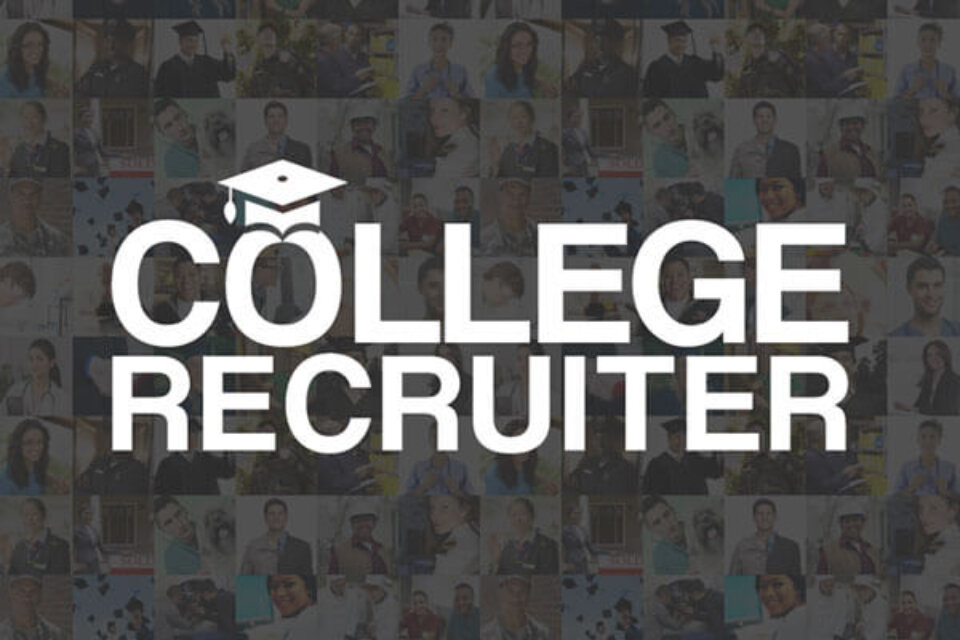
Growing Your STEM Career was originally published on College Recruiter.
 Guest writer Luciana Amaro, Vice President Talent Development & Strategy, BASF
Guest writer Luciana Amaro, Vice President Talent Development & Strategy, BASF
The STEM workforce is crucial to America’s global competitiveness. STEM graduates have more career opportunities now than any other time in U.S. history. This three-part series from BASF, a global chemical company, examines ways that recent college grads can establish a strong foundation to join the next generation of scientists and engineers. The first post in this series examined the different education paths to consider when preparing for a STEM and the second post examined the STEM career opportunities available.
STEM employment will increase rapidly: about 13 percent between 2012 and 2022, according to the U.S. Bureau of Labor Statistics (BLS). In fact, the U.S. Department of Commerce estimates that STEM jobs will outgrow non-STEM jobs by almost two to one.
If you are planning a career in STEM, you should know which areas are expected to have the most job openings. For instance, the fastest-growing STEM undergraduate degrees in 2013 were statistics, computer information technology, administration and management, and environmental health engineering, according to the National Center for Education Statistics.
Once you’ve landed your STEM job, how do you advance your career?
Forward-thinking companies recognize the importance of creating a strong internal talent pipeline in order to fill the skills gap, and seek to attract and retain employees with growth potential. Many businesses now provide unique opportunities for employees to design their career in a variety of ways and explore multiple job functions within a variety of disciplines, rather than limit professional development to a linear career ladder.
A great way to learn about other jobs is to immerse yourself in the company as a whole, and look for opportunities to participate in projects or interests that are outside of your job description. Some companies offer employees the chance to work with different groups and take on new responsibilities, exposing them to other roles from both an upward and lateral perspective. For example, BASF offers leadership development programs to help employees master new skills and discover additional talents. We organize these programs as rotational assignments, which provide entry-level hires with diverse working experiences. This is a good way to build their skills and professional network through cross-business training programs in areas such as marketing, engineering and supply chain management.
Get creative
Previous generations typically followed a linear career plan. However, today’s workforce seeks career experiences that are diverse, engaging and innovative. BASF offers unique non-linear career journeys, described as “career roadmaps” rather than “career paths.” For example, a manufacturing engineer working in plastics can use his or her product knowledge to switch over to a marketing position. Mid- or senior-level employees in the same field may have had very different career journeys that landed them in similar positions.
It’s important to take ownership of your career goals, rather than adhering to the conventional belief that you need to perform at a certain level to reach a certain role by a particular age. Businesses today are empowering employees to embrace the freedom to creatively pursue their career goals. Through formal mentoring programs along with advanced training and education opportunities, companies are helping employees shape their aspirations and continue to develop their skills both on and off the job.
It’s important to have regular conversations with your supervisor to set career goals for yourself and track your performance. If you discover a passion in an area outside your particular realm, see how you can work together to integrate new responsibilities into your role or transition into a new position.
The STEM industry offers great flexibility to explore new interests and opportunities on and off the job. If you are an entry-level employee, be sure to keep an open mind and be willing to try new things. You may be surprised by where your career takes you.
 Luciana Amaro is a Vice President in BASF Corporation’s Human Resources department, leading the Talent Development and Strategy unit. In her current role, which she assumed on August 1, 2014, she is responsible for North American talent management, leadership development, staffing and university relations, workforce planning, learning and development, organizational development and change management.
Luciana Amaro is a Vice President in BASF Corporation’s Human Resources department, leading the Talent Development and Strategy unit. In her current role, which she assumed on August 1, 2014, she is responsible for North American talent management, leadership development, staffing and university relations, workforce planning, learning and development, organizational development and change management.

